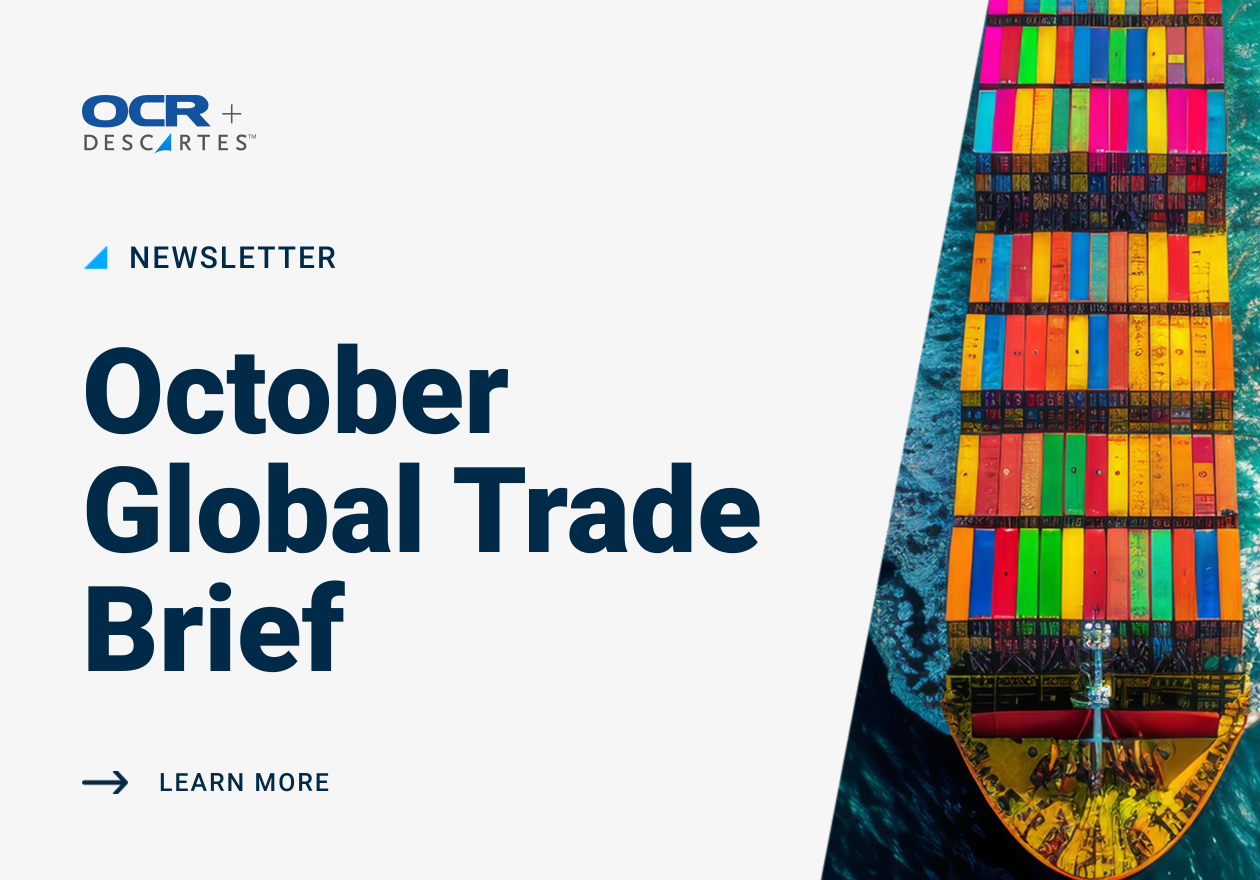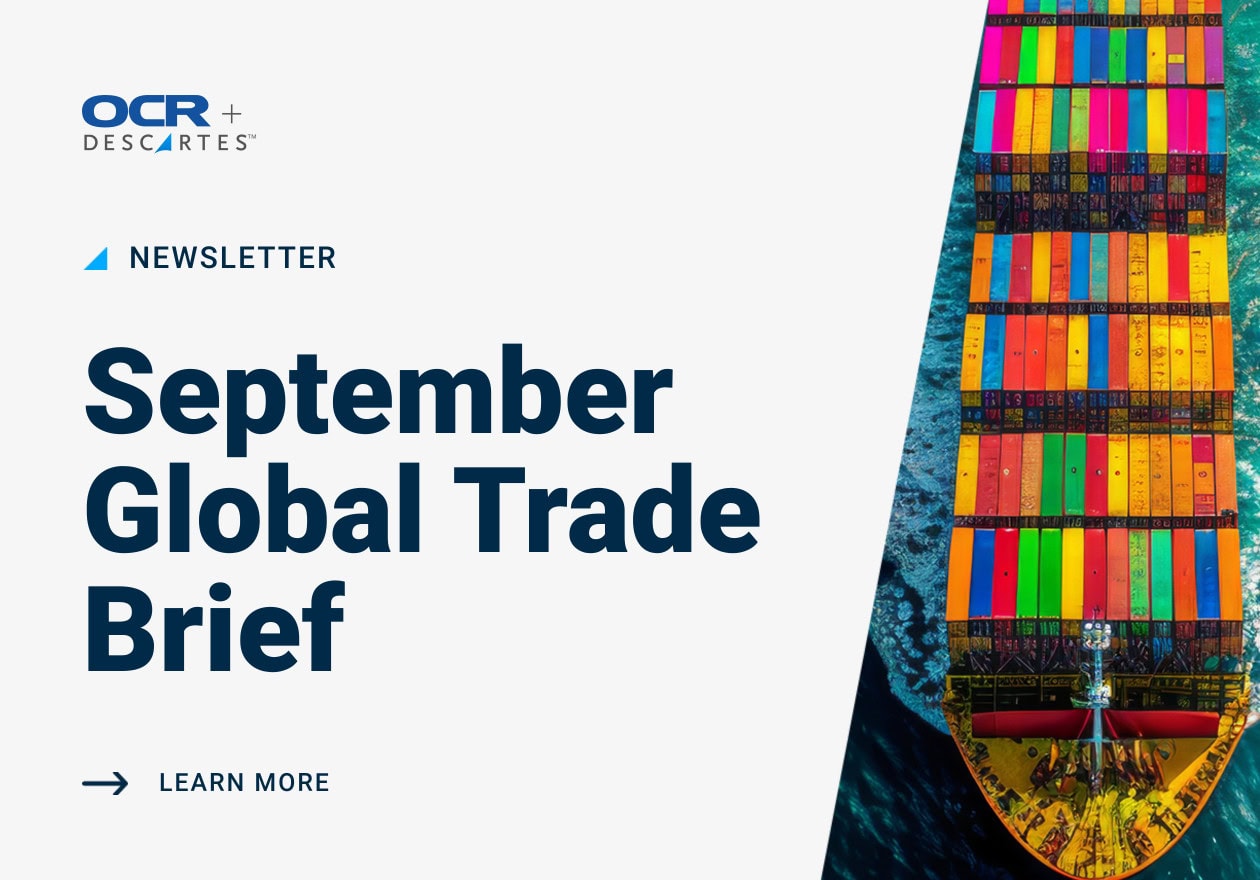US: CBP modifies “withhold release order” to allow certain carpet and wool imports from Nepal
U.S. Customs and Border Protection (CBP) announced a modification to an existing “withhold release order” with regard to certain imports of carpets and hand-knotted products from Nepal.
According to a CBP release (July 26, 2021), carpets and hand-knotted wool products produced by a company in Nepal are admissible at all U.S. ports of entry, effective July 23, 2021.
CBP originally issued the withhold release order in July 1998 to prevent the importation of carpets and hand-knotted wool products from seven Nepalese companies based on information reasonably indicating that those products were made with the use of forced labor.
CBP modified the withhold release order after evaluating detailed information that a certain Nepalese company addressed all 11 indicators of forced labor in the production of its carpets and hand-knotted wool products, sufficiently showing that the company’s products are not made with the use of forced labor. These products may now be imported into the United States.
US: U.S. regulations implementing provisions of the USMCA
U.S. Customs and Border Protection (CBP) and the U.S. Treasury Department today jointly released for publication in the Federal Register an interim final rule and notice of proposed rulemaking related to the agreement between the United States, Mexico, and Canada (USMCA)
The interim final rule:
- Implements provisions of the USMCA related to general definitions, confidentiality, import requirements, export requirements, post-importation duty refund claims, drawback and duty deferral programs, general verifications and determinations of origin, commercial samples, goods re-entered after repair or alteration in Canada or Mexico, and penalties
- Makes amendments to apply the marking rules in determining the country of origin for marking purposes for goods imported from Canada or Mexico and for other purposes specified by the USMCA
- Includes amendments to add the sugar-containing products subject to a tariff-rate quota to the CBP regulations governing the requirement for an export certificate
- Includes conforming amendments for the declaration required for goods re-entered after repair or alteration in Canada or Mexico, recordkeeping provisions, and the modernized drawback provisions
Specifically, the proposed rulemaking notice proposes:
- That CBP will apply certain tariff-based rules of origin in the CBP regulations for all non-preferential determinations made by CBP, specifically, to determine when goods imported from Canada or Mexico have been substantially transformed, thereby resulting in an article with a new name, character or use
- To modify the CBP regulations for certain country of origin determinations for government procurement
US: Modification of U.S. Tariff-Rate Quotas and the Harmonized Tariff Schedule of the United States
The notice modifies the Harmonized Tariff Schedule of the United States (HTSUS) to divide certain U.S. tariff-rate quotas currently allocated to the EU, between the EU and the United Kingdom (UK)—due to the UK’s exit from the EU following a transition period that ended December 31, 2020.
The changes made by the notice are applicable as of January 1, 2022.
Saudi Arabia: Rules of origin for imported goods
The rules of origin have an effective date of 2 July 2021, and will remain in effective until common rules of origin are adopted and implemented by the Gulf Cooperation Council (GCC) countries.
The Saudi rules of origin reiterate the GCC-origin conditions under the Unified Economic Agreement, namely:
- A 40% local added value
- An above 50% GCC shareholding
In addition, the Saudi rules of origin now require a minimum 25% nationalization threshold with respect to the entity manufacturing the GCC-origin goods. Meeting or exceeding this threshold will have an impact on the requirement of a minimum 40% local added value conferring the GCC origin on goods.
The Saudi rules of origin treat the goods manufactured by free zone businesses as foreign goods (of non-GCC origin), even when these goods include components and raw materials of GCC origin or goods that have been admitted into free circulation in the GCC, prior to being used in manufacturing processes in the free zone. Thus, the rules of origin appear to exclude any duty-exemption benefit to free zone businesses. This exclusion is confirmed by the definition of the “direct confinement” which is one of the conditions for GCC-origin goods to benefit from a duty exemption.
The rules of origin provide further information about the definition of “direct consignment,” expanding from this definition:
- Any transport taking place within a non-GCC country
- Transit that does not take place due to geographic imperatives
- Any transit through free zones (including any invoices or shipping documents accompanying the goods)
EU: “dual-use” regulation and export control framework
Five years after the European Commission published its proposal to replace Council Regulation (EC) No 428/2009 (“Dual-use Regulation”), a recast of the Dual-Use Regulation was published in the Official Journal of the European Union on June 9, 2021 (Regulation 2021/821). The new Dual-use Regulation will enter into force on September 9, 2021 and will replace the current Dual-Use Regulation that was introduced in 2009.
The key changes introduced are the following:
- Union General Export Authorizations: there are two new authorizations included in the recast: EU007 concerning the intra-group export of software and technology and EU008 concerning encryption. This should reduce the administrative burden for businesses and the relevant authorities responsible for general or global licenses or harmonised interpretations of provisions.
- cyber-surveillance technology: the competent authorities of the Member States should consider in particular the risk of them being used in connection with internal repression or the commission of serious violations of human rights and international humanitarian law.
- Internal Compliance Programme: the recast explicitly mentions that the relevant stakeholders (exporters, brokers, etc.) should implement an ICP in order to obtain global export authorizations.
- Technical assistance: the recast harmonizes the rules regarding technical assistance within the EU. A new provision is introduced which places a licensing requirement on technical assistance related to all dual-use items in Annex I.
Technical assistance means “any technical support related to repairs, development, manufacture, assembly, testing, maintenance, or any other technical service, and may take forms such as instruction, advice, training, transmission of working knowledge or skills or consulting services, including by electronic means as well as by telephone or any other verbal forms of assistance.”
India: Advertisement and sales promotion, post-import activity and not includible in assessable value of imports
Commissioner of Customs v. M/s Indo Rubber and Plastic Works [2021- VIL-68-SC-CU]
Decision: The Supreme Court of India held that advertisement and sales promotion by an importer was a post-import activity, and thus the advertisement and sales promotion expenses were not includible in the assessable value of the imports for customs purposes.
Facts: In this case, the importer was engaged in manufacturing of sports goods under its own brand name, as well as importing and distributing sports goods of a Singapore entity (seller) under that seller’s brand name. The importer and seller entered into a distribution agreement that provided, in part, that the importer would use its best endeavors to promote and extend the sale of goods in India and that the importer also would bear all costs of advertisement, marketing, and promotion.
The seller entered into separate sponsorship agreements with sports associations and sports personalities for the promotion of its brand within India. These agreements were signed by the manager of the importer on behalf of the seller and importer.
At issue was whether the advertisement, marketing, and promotion expenses were to be included in the value of imports for purposes of Rule 10(1)(e).
India: Authorised economic operator (AEO) renewal
The Central Board of Indirect Taxes and Customs (CBIC) issued a circular to allow for continuous authorised economic operator (AEO) certification and for automatic renewal for AEO-T1 entities (subject to the submission of an annual declaration).
- The annual declaration must be filed between 1 October to 31 December each year.
- Entities certified after 1 April 2019 will be considered “migrated” to auto renewal status, effective from 1 August 2021.
- AEO-T1 entities certified on or after 1 January 2021 will not be required to submit an annual self-declaration for the current year.
- Any findings of non-compliance are to be communicated to the AEO holder.
Bahrain: Customs Affairs launches the updated edition of the e-payment service
Customs Affairs launched the updated edition of the e-payment service for fees and taxes of the customs statements. The modern version was introduced in cooperation with the Information & eGovernment Authority to enable beneficiaries to process all payments in a single transaction in less than 30 seconds.
The updated edition is part of the dedication of the Customs Affairs to support economic growth and Bahrain 2030 vision and to follow the directives of His Excellency Interior Minister General Shaikh Rashid bin Abdullah Al Khalifa to promote digital transformation.
UAE: Anti-dumping duties, ceramic pavers and tiles
Dubai Customs released Notice no. 10/2021 (6 July 2021) regarding anti-dumping duties imposed with regard to Gulf Cooperation Council (GCC) imports of ceramic pavers and hearth, floor or wall tiles originating in or exported from India and China.
The rules are effective 1 July 2021.
Companies importing ceramic pavers and hearth, floor or wall tiles either originating in or exported from India and China must now supply a declaration form and specify the amount of anti-dumping duties payable.
- The duties are based on percentages ranging between 23.5% and 106%.
- The form must be submitted at the time of customs clearance, and anti-dumping duties are payable through customs systems.
- The anti-dumping duty measures are applicable for five years, effective from 6 June 2020.



